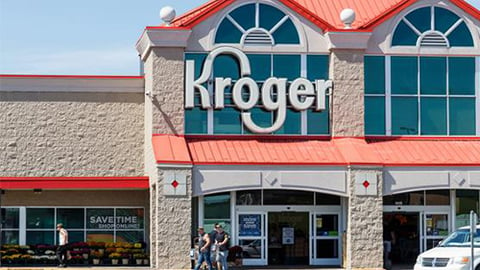Marketing During a Pandemic
It’s obviously not the first thing on consumers’— or companies’ – radars amid a global public health crisis, but marketing of products is still a necessary way to get the right items to the right people. What’s the best way to go about it, though, during such a fraught time?
“There are some basic rules that grocers and fast-moving consumer goods (FMCG) brands need to apply to all immediate and near-to-midterm promotional activity,” noted Miya Knights, head of industry insight at Eagle Eye, a U.K.-based Software-as-a-Service (SaaS) technology company that enables businesses to create real-time connections with their customers through digital and mobile promotion solutions. “Silence is better than communicating ‘business as usual,’ and overtly sales-y messages will come across as being tone-deaf or insensitive. Instead, focus on promoting aspects of products that are particularly useful or relevant at this time. If possible, communicate community, charity and health-focused initiatives. For example, many cocoa and chocolate companies are helping to fight the coronavirus in cocoa-growing communities around the world.”
In the area of candy and snacks in particular, Knights offered a few key insights.
“I expect the candy and snacks category to have fared relatively better than other discretionary food categories in the past few weeks, given it was the run-up to Easter,” she observed. “So, Easter-themed candy and chocolate ranges particularly will have been relatively insulated. Those that were also able to tweak their messaging to suit the current situation are likely to have survived best. One U.K. chocolatier, for instance, launched an online course to teach consumers how to make their own chocolate Easter eggs at home.”
Healthier fare, which according to Reonate, a Reston, Va.-based provider of AI-powered consumer data and intelligence, is a particular focus of shoppers concerned about COVID-19. As shown by their media consumption, healthier fare is emerging as a promising area for retailers and suppliers in the current situation, according to Knights.
“Better-for-you items and brands promoting wellness can adapt their messaging to reflect that people are working out at home and want ideas for cupboard staples,” she said. “The healthy cakes startup Fitbakes started sharing exercise videos and relevant recipe inspiration to engage with customers. Products in the wellness category should also reassess even well-established messaging around health, with extra-special focus on claims related to immune system-boosting properties.”






